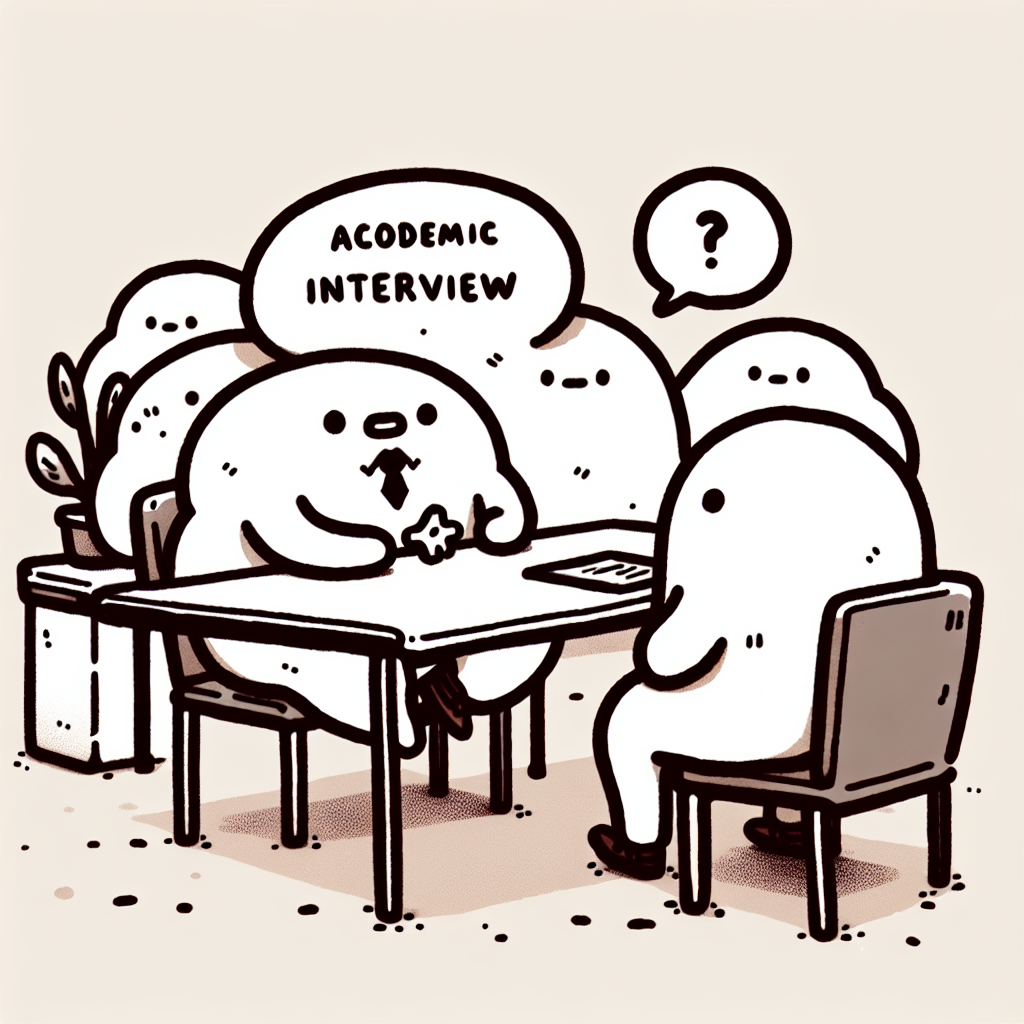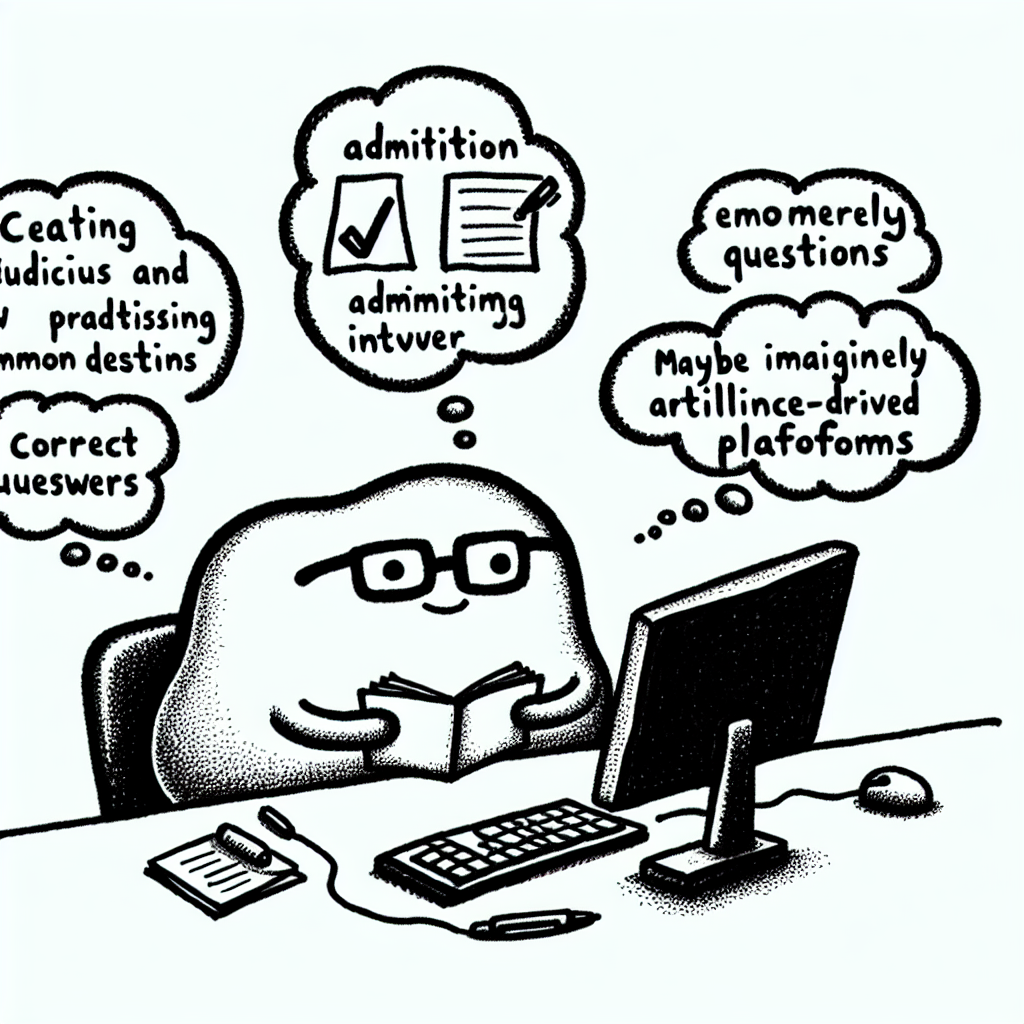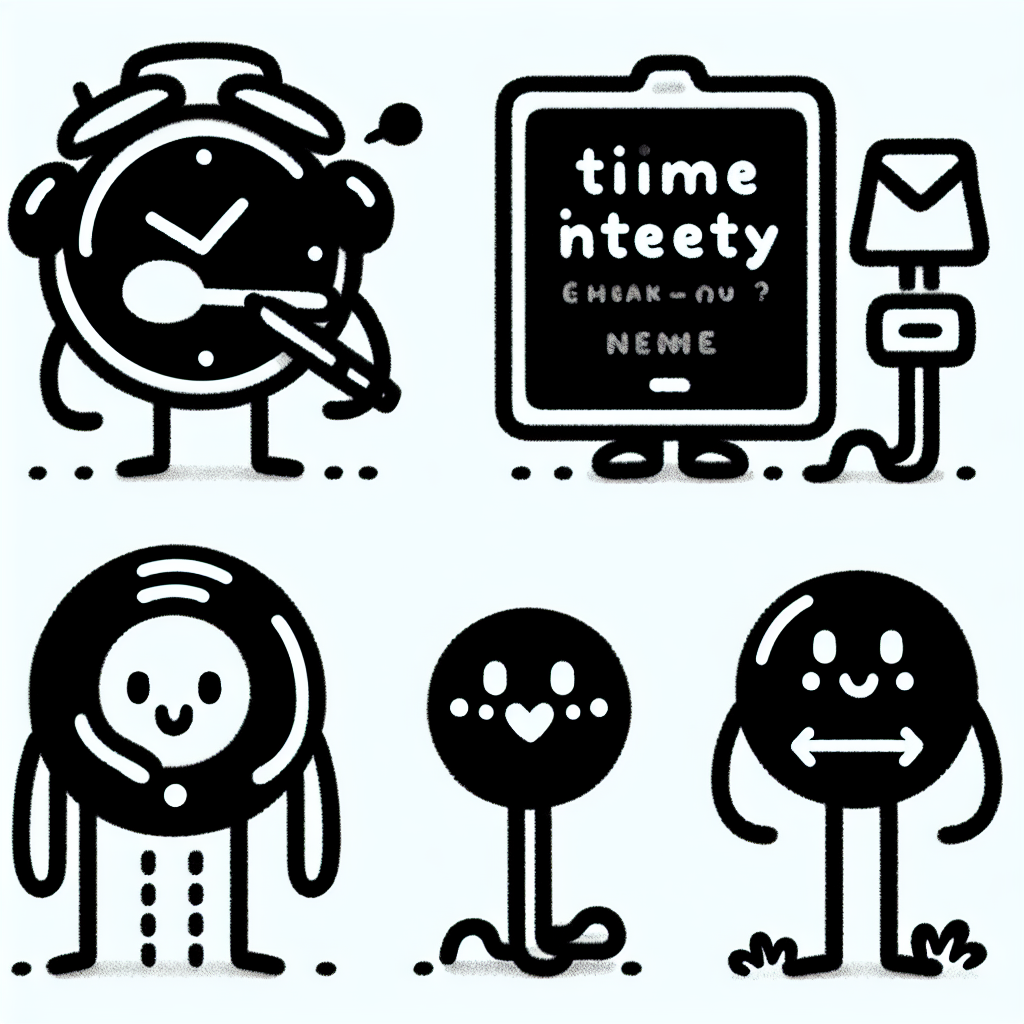Introduction
An admissions interview is a formal conversation between an applicant and a representative of a school, college, or university. Its primary purpose is to assess a candidate’s suitability for the institution by evaluating their communication skills, motivations, academic interests, and alignment with the school’s values. Interviews can take several formats, including one-on-one discussions, panel interviews, or virtual sessions. Typically, they include questions about the applicant’s background, goals, and reasons for applying, and may feature situational or behavioral questions to gauge problem-solving and interpersonal skills.
The admissions interview plays a crucial role in holistic admissions processes. While test scores and academic records provide quantitative data, the interview offers qualitative insight into a candidate’s character and potential. It’s a chance for applicants to demonstrate their enthusiasm, clarify elements of their application, and convey how they would contribute to the campus community. Because of its importance, dedicated admissions interview practice can significantly improve a candidate’s confidence and performance, ultimately influencing the outcome of their application.

Understanding the Interview Landscape
🎓 Role of Admissions Interviews in the Application Process
Admissions interviews serve as a supplement to academic credentials and personal statements. While GPA and test scores offer a snapshot of academic achievement, interviews provide a more holistic view of the applicant. Colleges, graduate schools, and professional programs use interviews to assess qualities that are not easily captured on paper.
In recent years, there has been a growing trend toward structured and behavioral interview formats. These approaches aim to reduce bias and standardize the evaluation process by asking all candidates a consistent set of questions. Behavioral interviews, in particular, focus on past experiences as predictors of future performance, allowing interviewers to gauge how applicants handle real-world situations.
🔍 What Interviewers Are Looking For
Interviewers evaluate multiple dimensions of an applicant’s profile during the admissions interview. Academic readiness and intellectual curiosity are key indicators of an applicant’s potential to succeed in a rigorous academic environment (Johns Hopkins University).
Commitment to the discipline or profession is another important factor. Interviewers want to see that applicants have a genuine interest in their chosen field and understand the demands and responsibilities it entails.
Strong interpersonal and communication skills are also essential. Applicants must be able to articulate their thoughts clearly, listen actively, and engage in thoughtful dialogue.
Problem-solving and ethical reasoning abilities are often assessed through scenario-based questions. These responses help interviewers determine how well applicants can navigate complex situations and make sound decisions.
Finally, cultural fit with the institution’s values is a significant consideration. Admissions committees look for students who will thrive within their community and contribute positively to campus life (University of Arkansas).

🛠️ Preparation Essentials
📄 Application Materials as the Foundation
A solid admissions interview practice begins with a thorough review of your application materials. Every section of your application should be completed accurately, reflecting your academic history, work experience, and extracurricular involvement. Consistency is key—ensure your resume, personal statement, and interview talking points all align to tell a coherent story. Interviewers often refer to your submitted documents, so discrepancies can raise questions during the conversation.
📝 Crafting a Thoughtful Letter of Intent or Personal Statement
Your personal statement or letter of intent is not just a requirement—it’s a strategic tool in admissions interview practice. This document should clearly express your long-term goals and how they align with the institution’s mission. Highlight pivotal experiences and motivations that led you to pursue this path. These reflections can form the basis for your interview responses, helping you speak confidently and with purpose.
🪞 Self-Reflection and Storytelling
Effective admissions interview practice includes preparing to share personal stories that demonstrate your growth and resilience. Reflect on formative experiences, whether academic challenges, leadership roles, or personal setbacks. Develop narratives that show how you’ve learned and evolved through these moments. Practicing how to articulate these stories authentically will help you connect with your interviewer and convey your readiness for the program.

🧑🏫 Practicing for Success
🎤 Common Interview Questions and How to Prepare
When preparing for admissions interview practice, it's essential to anticipate commonly asked questions. Questions like “Tell me about yourself,” “Why do you want to attend this school/program?” and “Describe a challenge you’ve overcome” are designed to assess fit and personal motivation. Others, such as “How do you handle conflict or stress?” and “What are your long-term goals?” evaluate emotional intelligence and future planning.
A helpful method for crafting strong responses is the STAR technique—Situation, Task, Action, Result. This structured format ensures that your answers are specific, coherent, and outcome-focused.
🤖 Using Technology to Practice
Technology can enhance admissions interview practice by offering accessible and flexible rehearsal options. Practicing with peers or mentors is effective, but AI-driven platforms offer additional benefits.
For example, InterviewBot uses real-time dialogue to simulate interview conditions and assess readiness. Conversate provides dialogic feedback that encourages reflective learning and improvement.
💬 Behavioral and Situational Interview Practice
Admissions interview practice should also include behavioral and situational questions. These are often tailored to your resume and stated goals. Practicing how to respond to scenarios that involve ethical decision-making or critical thinking can help you deliver thoughtful, composed answers under pressure.
📽️ Rehearsal Tips
Recording mock interviews allows candidates to review and refine their performance. Watching playback helps identify issues with tone, clarity, and non-verbal cues. Pay close attention to body language, eye contact, and tone of voice—all of which contribute to a strong and confident interview presence.

Demonstrating Fit and Authenticity
🧭 Research the Institution
To stand out during admissions interview practice, it's essential to demonstrate a strong understanding of the institution. This means thoroughly researching the school's mission, core values, and recent initiatives. Admissions officers appreciate candidates who show they’ve taken the time to understand what makes the school unique. Familiarize yourself with key faculty members, notable programs, and opportunities that align with your academic and personal interests. This preparation helps you tailor your responses and show that your goals align with the college’s offerings (U.S. News & World Report).
🤝 Ask Insightful Questions
Asking thoughtful questions during the interview can further demonstrate your fit. Go beyond surface-level inquiries by focusing on specific programs, mentorship opportunities, or aspects of campus culture. For example, you might ask about student involvement in research or how the school supports first-year transitions. Avoid asking questions that could easily be answered on the website, as this can suggest a lack of preparation during your admissions interview practice.
🌟 Be Yourself, But Prepared
Authenticity is a key component of successful admissions interview practice. Interviewers are looking for real, genuine applicants—not rehearsed performances. That said, preparation is still important. Practice articulating your goals, interests, and values in a way that reflects who you are while maintaining a professional demeanor. Balancing authenticity with preparedness helps create a strong, trustworthy impression.

👔 Day-of Interview Tips
✅ Logistics and Etiquette
Before your admissions interview, double-check the scheduled time, especially if you're in a different time zone from your interviewer. Confirm whether the interview will take place on Zoom, in person, or through another platform. Make sure you know the expected dress code—it's always better to be slightly overdressed than underdressed.
If your interview is virtual, test your internet connection, camera, and microphone at least 15 minutes beforehand. Find a quiet, well-lit location where you won’t be interrupted. For in-person interviews, plan your route in advance and aim to arrive at least 10 minutes early.
📧 Post-Interview Follow-Up
After the interview, send a thank-you email or note within 24 to 48 hours. Personalize it by referencing something specific discussed during your conversation. Reiterate your enthusiasm for the school and appreciation for the opportunity to interview. According to U.S. News & World Report, timely and thoughtful follow-up can leave a lasting positive impression on your interviewer and reinforce your interest in the institution.
Practicing good etiquette and handling logistics smoothly are vital components of effective admissions interview practice.

📚 Additional Resources and Tools
To enhance your admissions interview practice, a variety of resources and tools are available to help you prepare effectively.
🔗 Institutional Guides
Several universities provide in-depth guidance on preparing for admissions interviews. The University of Arkansas: Preparing for a Successful Admissions Interview guide offers structured advice tailored to education program applicants. Meanwhile, the Johns Hopkins University Interviewing Resources page includes tips and expectations for pre-health students undergoing admissions interviews.
🧠 Practice Platforms & AI Tools
Technological tools can play a key role in admissions interview practice. The InterviewBot on arXiv presents an AI-driven approach to simulate interview scenarios using natural language processing. Another innovative option, Conversate Interview Practice, offers an interactive environment that allows users to receive feedback on their responses and improve their performance.
📰 Articles and How-To Guides
For general advice, the U.S. News & World Report: College Admissions Interview Tips article provides practical strategies to boost your readiness. It covers common questions, body language cues, and post-interview etiquette—all crucial components of effective admissions interview practice.

Conclusion: Confidence Through Preparation
Admissions interview practice is essential for building the confidence needed to succeed. The more you rehearse, the more natural your responses will feel. Starting early allows you to refine your answers over time, giving you a clearer sense of your strengths and how to present them effectively.
Take time to reflect on your personal and academic journey. Being able to articulate your experiences, challenges, and motivations helps interviewers understand who you are beyond your application materials.
Remember, the admissions interview is not only about impressing the panel with polished answers. It's also an opportunity to connect authentically. Demonstrating genuine interest and engaging in thoughtful conversation can leave a lasting impression that goes beyond rehearsed responses.







.png)






